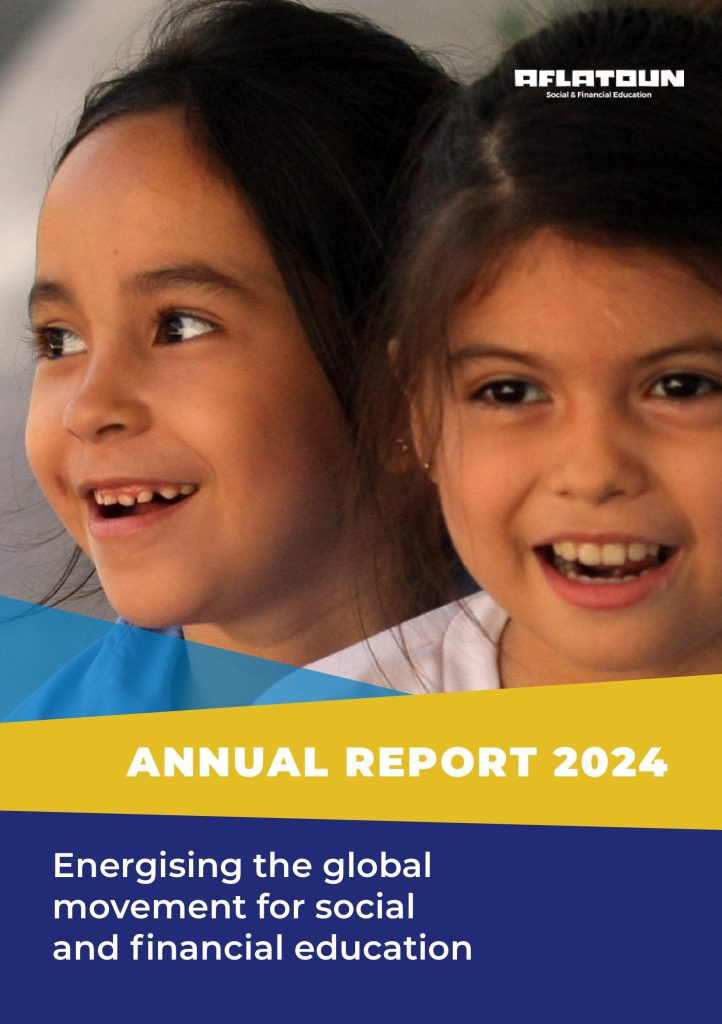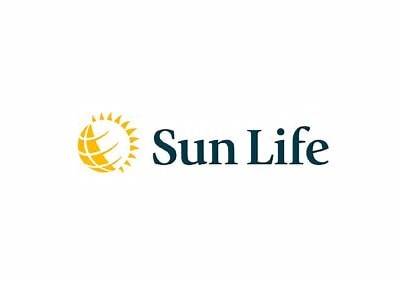We know that social and financial education are key to breaking the inter-generational cycle of poverty and creating a world of children empowered.
Recently, two important studies have been published that shed light on the power of social and financial education as well:
Impact on financial knowledge & behaviour: A comprehensive review of randomised-control studies on Financial Education: Financial Education Affects Financial Knowledge and Downstream Behaviors. A meta-analysis which summarises financial education interventions from 33 countries and six continents.
The review shows that financial education programmes:
- Have a positive effect on financial knowledge and downstream financial behaviours. The positive impact is three times higher than previously assumed. (In 2014, there was a similar review with much lower positive impact of financial education programmes. This more positive finding is a result of many more quality studies available now compared to 5 years ago).
- Financial Education “sticks!” – Contrary to previous reviews, the new report did not find any dramatic drop of impact of financial education over time.
- Many of the financial education interventions reviewed are cost-effective. The effects are economically meaningful in size, similar to those realised by educational interventions in other domains (maths, reading) and public health interventions.
Impact on health & social outcomes: A comprehensive international review by the International Initiative for Impact Evaluation (3ie): Financial education for HIV‐vulnerable youth, orphans, and vulnerable children: A systematic review of outcome evidence
Their key finding – Combining financial education and sexual and reproductive health education (‘plural interventions’) with self-efficacy (social education) is associated with positive health and economic outcomes for vulnerable youth and children in low and middle-income countries.
“The strongest evidence showed plural education interventions (combining financial education and sexual and reproductive health education) with self-efficacy (social education) supports, with and without savings to have positive effects on HIV‐related outcomes. These outcomes included improved knowledge, attitudes and reduced sexual risk‐taking behaviour. Evidence also showed improved self‐efficacy from plural interventions, the changes in confidence, negotiating ability and social conditions that enable people to act on knowledge. Self‐efficacy seems important as both a set of conditions to support reduced vulnerabilities and a way to measure them in terms of outcomes. While positive effects were also observed related to increased savings and improved attitudes toward saving, generally interventions showed mixed effects on financial and economic outcomes”.












